
Article
“Sin” Taxes – e.g., on Tobacco – Are Less Efficient than They Look
But they do help improve public health
The Economist,
2018
Read offline
áudio gerado automaticamente
1×
Faça o Login para ouvir o resumo em áudio.
áudio gerado automaticamente
Recommendation
Tobacco, alcohol and sugar are bad for people’s health. Excessive consumption creates direct and indirect costs for taxpayers. So policy makers in the United States and Europe consider taxing harmful substances to offset these costs and nudge people toward making healthier choices. This article from The Economist compares various studies on the effects of these taxes and shows that what may sound straightforward in theory is more complicated in practice. Both sin-tax advocates and skeptics will appreciate this balanced, evidence-supported analysis.
Summary
About the Author
The Economist is a UK-based weekly magazine covering economics and politics.
By the same author
Report








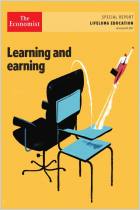
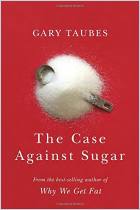
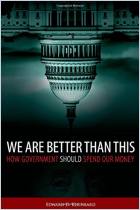
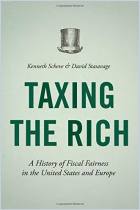
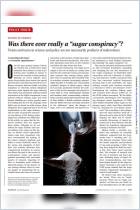
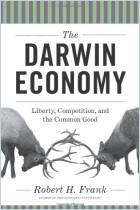
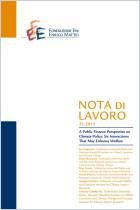






Comment on this summary or Iniciar a Discussão